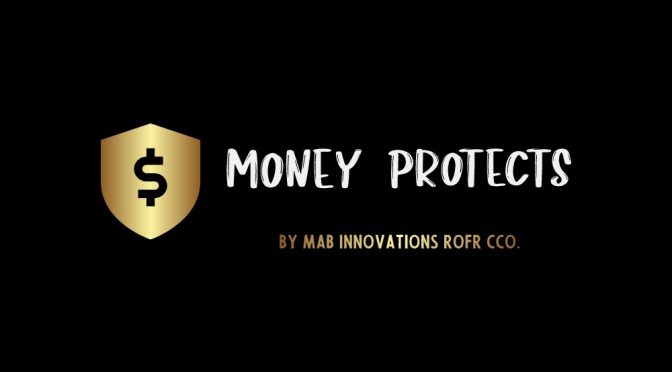‘Was That It?’: Bearish Psyche Versus Right Tail Risk‘Was That It?’: Bearish Psyche Versus Right Tail Risk
0 Comments 7:06 pm
Read Time:11 Second

It could be an afterthought by the end of the week depending on how patient rates are with what was almost guaranteed to be yet another scorching …
‘Was That It?’: Bearish Psyche Versus Right Tail Risk



